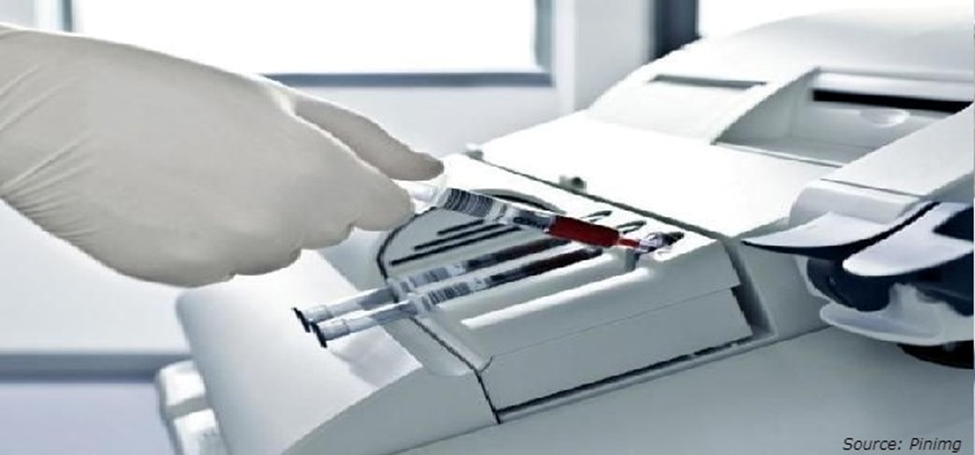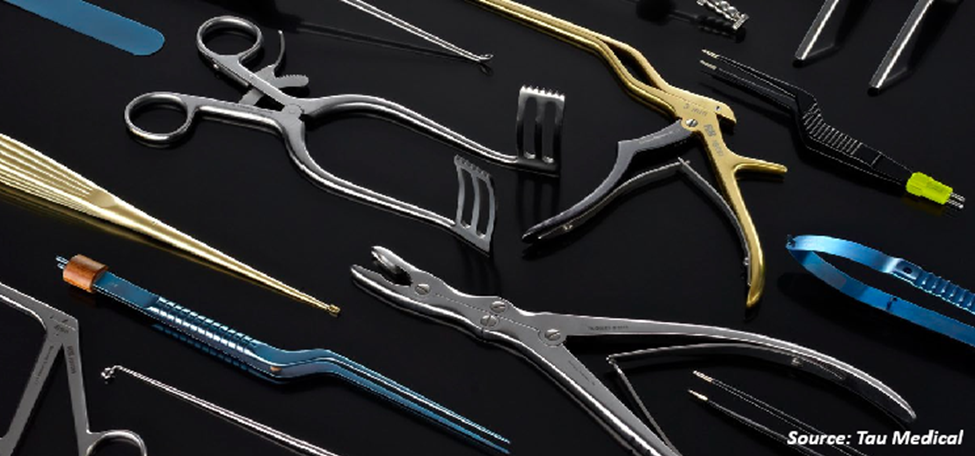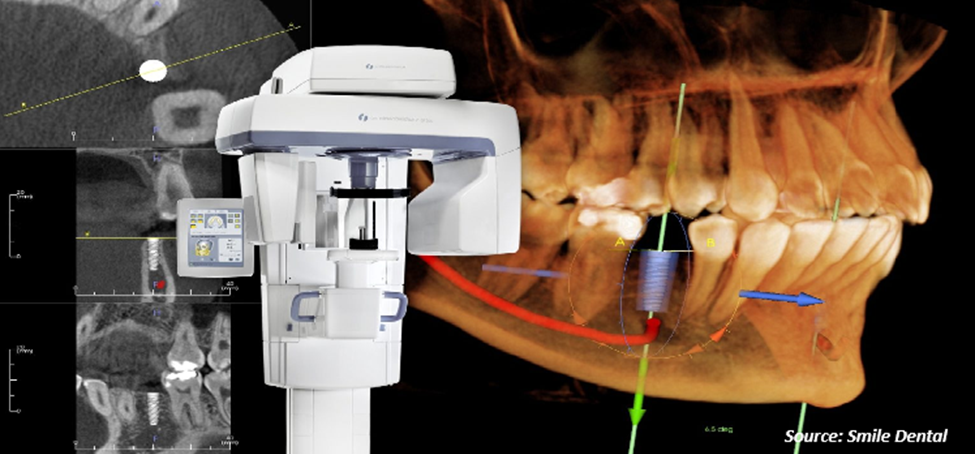
Asia-Pacific Dialysis Market by Dialysis Type (Hemodialysis and Peritoneal Dialysis), Products & Services (Equipment, Consumables, Drugs, and Services), End User (In-center Dialysis, and Home Dialysis) – Global Opportunity Analysis and Industry Forecast, 2024–2030
Industry: Healthcare | Publish Date: 14-Feb-2024 | No of Pages: 151 | No. of Tables: 102 | No. of Figures: 67 | Format: PDF | Report Code : N/A
Market Overview:
The Asia Pacific Dialysis Market size was valued at USD 8.13 billion in 2023, and is expected to reach USD 11.98 billion by 2030, with a CAGR of 5.7% from 2024 to 2030.
Dialysis market refers to the global healthcare sector focused on the provision of artificial kidney functions to individuals suffering from impaired renal function. Dialysis is a life-sustaining medical procedure employed to manage patients with end-stage renal disease (ESRD) or acute kidney injuries.
This market encompasses a spectrum of products and services, including hemodialysis and peritoneal dialysis equipment, dialysis consumables, and associated pharmaceuticals. With the rising prevalence of kidney-related disorders and the increasing aging population, the market plays a critical role in delivering essential renal care, aiming to enhance patients' quality of life and improve overall healthcare outcomes.
Rising Diabetes and Hypertension Cases Propels the Market Growth:
The surge in diabetes and hypertension cases in the country contributes significantly to the growth of the market. These chronic conditions, especially when unmanaged, can lead to kidney damage and eventually chronic kidney disease (CKD).
With the increasing prevalence of diabetes and hypertension, there is a corresponding rise in the incidence of CKD, necessitating the use of dialysis as a crucial therapeutic intervention. The expanding patient pool with these comorbidities underscores the importance of dialysis services in managing kidney-related complications, driving the demand for dialysis treatments.
Technological Advancements in Dialysis Machines is Driving the Market to Grow:
Continuous innovation in dialysis machine technology is a significant driver for the dialysis market. Modern dialysis machines are equipped with advanced features, including improved filtration mechanisms, enhanced portability, and user-friendly interfaces.
These technological advancements not only enhance the overall efficiency of dialysis treatments but also contribute to a more comfortable and convenient experience for both healthcare providers and patients. As these machines evolve, they offer better precision in removing toxins from the blood, leading to improved outcomes and patient satisfaction.
The integration of smart technologies and connectivity features further facilitates remote monitoring and data management, streamlining the overall dialysis process and supporting personalized treatment plans. The continuous pursuit of technological excellence in dialysis machines positions them as essential tools in the management of kidney-related disorders, driving the growth of the Asia Pacific dialysis market.
High Treatment Costs Associated with Dialysis is Restraining the Market to Grow
The Asia Pacific dialysis market faces a substantial restraint in the form of elevated treatment costs. The expenses associated with dialysis procedures, including equipment, facilities, and skilled healthcare professionals, contribute to a financial burden on both patients and healthcare systems. This high cost of dialysis can impede accessibility to treatment, particularly for individuals with limited financial resources thereby constraining the market expansion.
Additionally, the economic strain on healthcare providers poses challenges in maintaining sustainable and efficient dialysis services, calling for strategic measures to address cost-related barriers and enhance the overall affordability of dialysis treatments in the market.
The Introduction of Wearable and Portable Dialysis Devices Creates Future Opportunity for the Market
The emergence of wearable and portable dialysis devices stands as a groundbreaking advancement in dialysis technology, offering a transformative opportunity for the dialysis market. These compact systems, resembling small backpacks, empower patients with unprecedented mobility and flexibility in their treatment schedules.
For instance, AWAK Technologies (AWAK), an innovative medical technology firm specializing in dialysis using regenerative technology for end-stage renal disease, revealed that the U.S. Food and Drug Administration (FDA) conferred the breakthrough device designation upon its AWAK Peritoneal Dialysis (AWAK PD) device.
This device, which is both wearable and highly portable, incorporates AWAK's patented sorbent technology. As technology continues to advance, we can anticipate further innovations in dialysis technology, ultimately leading to even better outcomes for patients.
Japan Holds the Dominant Market Share in the Asia Pacific Dialysis Market
The technological advancements in healthcare are driving substantial growth in the dialysis market by extending life expectancy and enabling a larger demographic to live longer with chronic conditions. The advent of user-friendly home haemodialysis machines with intuitive interfaces and remote monitoring capabilities has revolutionized patient care. Patients can comfortably perform haemodialysis at home, reducing the need for frequent hospital visits.
Moreover, the surge in the dialysis market is prominently influenced by the aging demographic, marking a substantial impact on the prevalence and management of kidney-related disorders. As individuals age, the heightened risk of chronic conditions such as diabetes and hypertension become more pronounced, leading to an increased incidence of Chronic Kidney Disease (CKD). This demographic shift underscores the escalating demand for dialysis services as a crucial component in the management of kidney health in the aging population.
China Marks the Fastest Growing Country in the Market
The surge in diabetes and hypertension cases in the country contributes significantly to the growth of the market. These chronic conditions, especially when unmanaged, can lead to kidney damage and eventually chronic kidney disease (CKD).
With the increasing prevalence of diabetes and hypertension, there is a corresponding rise in the incidence of CKD, necessitating the use of dialysis as a crucial therapeutic intervention. The expanding patient pool with these comorbidities underscores the importance of dialysis services in managing kidney-related complications, driving the demand for dialysis treatments, thereby driving the market expansion.
Moreover, the growth of China dialysis market is significantly driven by the aging demographic, which has a substantial impact on the prevalence and management of kidney-related disorders. As individuals age, the heightened risk of chronic conditions such as diabetes and hypertension become more pronounced, resulting in an increased incidence of Chronic Kidney Disease (CKD). This demographic shift highlights the growing demand for dialysis services as a crucial component in managing kidney health in the aging population.
Competitive Landscape
Several market players operating in the Asia Pacific dialysis market include Baxter International, Inc., DaVita Inc., Nikkiso Co. Ltd., NxStage Medical, Inc., Asahi Kasei Corporation, Medicators, Inc, Fresenius Medical Care AG & Co. KGaA, Nipro Corporation, B. Braun Avitum AG, Diaverum Deutschland GmbH, and others.
Key Market Segments
By Dialysis Type
-
Hemo Dialysis
-
Peritoneal Dialysis
By Products & Services
-
Equipment
-
Consumables
-
Drugs
-
Services
By End User
-
In-center Dialysis
-
Home Dialysis
By Region
-
Asia-Pacific
-
China
-
India
-
Japan
-
Australia
-
Rest of Asia-Pacific
-
REPORT SCOPE AND SEGMENTATION:
|
Parameters |
Details |
|
Market Size in 2023 |
USD 8.13 Billion |
|
Revenue Forecast in 2030 |
USD 11.98 Billion |
|
Growth Rate |
CAGR of 5.7% from 2024 to 2030 |
|
Analysis Period |
2023–2030 |
|
Base Year Considered |
2023 |
|
Forecast Period |
2024–2030 |
|
Market Size Estimation |
Billion (USD) |
|
Growth Factors |
|
|
Countries Covered |
4 |
|
Companies Profiled |
10 |
|
Market Share |
Available for 10 companies |
|
Customization Scope |
Free customization (equivalent up to 80 working hours of analysts) after purchase. Addition or alteration to country, regional, and segment scope. |
|
Pricing and Purchase Options |
Avail customized purchase options to meet your exact research needs. |
KEY PLAYERS
-
Baxter International, Inc.
-
DaVita Inc.
-
Nikkiso Co. Ltd.
-
NxStage Medical, Inc.
-
Asahi Kasei Corporation
-
Medicators, Inc.
-
Fresenius Medical Care AG & Co. KGaA
-
Nipro Corporation
-
B. Braun Avitum AG
-
Diaverum Deutschland GmbH




 Speak to Our Analyst
Speak to Our Analyst


































